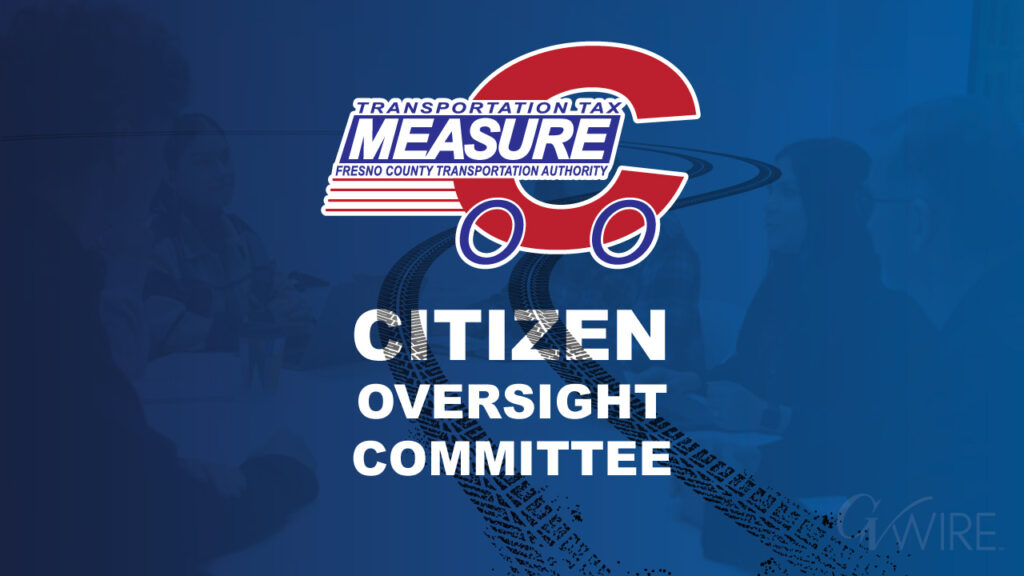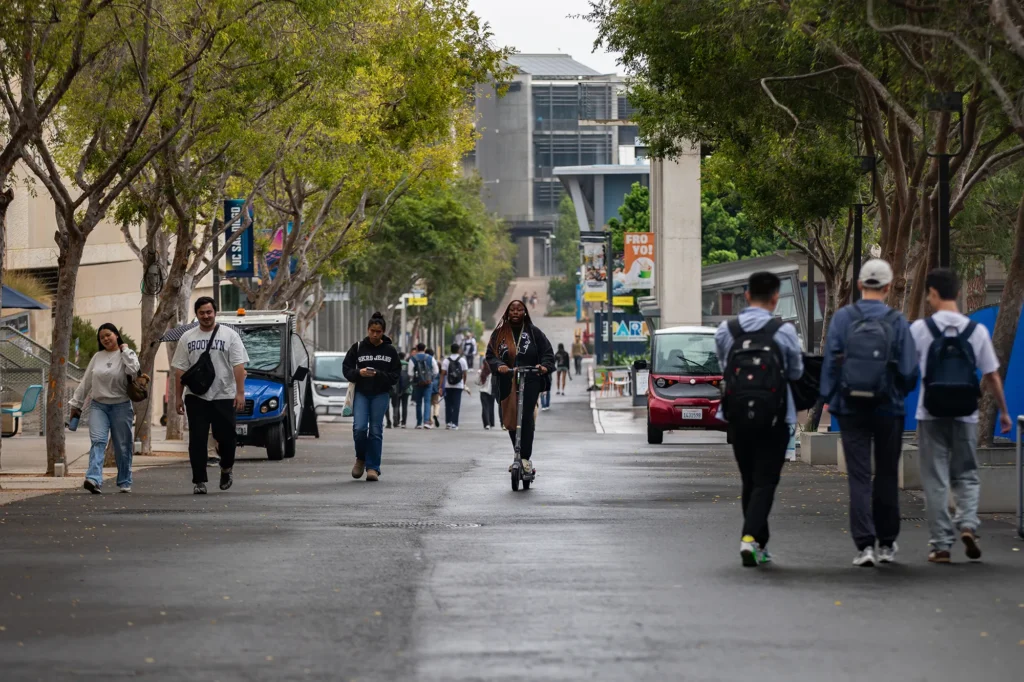Gen Xers report feeling the least confident in their retirement savings, according to a new survey, while Gen Zers feel the most confident. (GV Wire Composite/Paul Marshall)

- Gen Xers will be the first generation after employers largely switched away from pension-style retirement plans to 401(k)-style plans.
- A new retirement survey from BlackRock shows savers feeling more confident than ever, but employers aren't as confident.
- Across the generations, a common response from people is they don't know what they will need for retirement.
Share
|
Getting your Trinity Audio player ready...
|
The oldest Gen Xers will be turning 60 this year. That’s an important milestone in the world of retirement savings, says KC Boas, head of retirement marketing for BlackRock.
At 59-and-a-half, savers can begin pulling from retirement accounts without penalties.
A new survey from the investment company shows that Gen Xers are the generation to feel least on track for having enough money to last them their lives. But it’s human nature to be worried as retirement is fast approaching, Boas said.
“We actually see really good savings behaviors from this group,” Boas said. “80% of them say that they are saving consistently for retirement, and that’s more than any other generation.”
Part of the uncertainty comes from a new reality — retirement will last longer than it ever has. Gen X also marks the first generation when U.S. employers began significantly giving up pensions in favor of 401(k)-style plans.
For Baby Boomers, the divide between pensions and defined contribution plans was nearly an even split, Boas said. That swung away from pensions with 401(k)-type retiree savings becoming the dominant plan.
“It’s a really interesting time and opportunity for employers to start to think about getting retirement income right for a generation that’s not going to have pensions to fall back on,” Boas said.
Related Story: California’s Economic Recovery Lags Other States. This Is Why It’s So ...
Gen Z, Baby Boomers Agree They Need More Retirement Education
BlackRock’s Read on Retirement survey found the highest percentage of respondents feeling on track for retirement in nine years.
Nearly 68% said they were prepared for retirement.
Men feel more confident than women with 75% positive about the direction they are headed versus only 59% with women.
Gen Z feels most on track to retire with the lifestyle they want with 77% feeling optimistic. Perhaps worryingly, though, 60% of Gen Zers say they will put off planning for retirement income until they retire and 63% say they do not understand how to manage their retirement investments.
At the other end of the spectrum, Baby Boomers provide some insight into retirement.
More than half (58%) still don’t know how much income they will need. Two-thirds wished they had more education on income strategies ahead of their retirement.
That uncertainty creates a separate difficulty, says BlackRock CEO Larry Fink in his 2024 letter to investors.
“Even people who know how to save for retirement still don’t know how to spend for it,” Fink said.
Employers Not as Optimistic About Employee Retirement Preparedness
But the other respondents to the survey, the plan sponsors, tell a different story.
“When we asked plan sponsors how they perceived their employee’s retirement readiness, that was actually down year-over-year,” Boas said. “Only a little over half of employers feel that their employees are on track for retirement.”
Related Story: Which Projects Would FUSD’s $500M Bond Measure Fund? Trustees Are Duking ...
The growing optimism from workers comes from strong markets in the past few years. People tend to check their accounts when markets are good because it makes them feel good, she said. That makes people more confident, but it can lead to a recency bias.
Plan sponsors are paid to look past those human biases, Boas said. When they see that people are living longer than ever, they question whether employees will have enough money to not outlive their savings.
A 2022 Federal Reserve survey found only 46% of households said they had any retirement savings accounts. Just over a quarter (26%) had saved more than $100,000, and only 9% had more than $500,000.
Pension Versus 401(k)
Moving away from pensions moved retirement responsibility away from employers, putting it on employees to figure out, Fink said. Monthly checks paid out to employees were a financial liability on corporate balance sheets. For that, many companies made the switch to 401(k)-style plans — called defined contribution plans.
“Defined contribution plans ended that, forcing retirees to trade a steady stream of income for an impossible math problem,” Fink said.
401(k)s did make changing jobs easier, but only a few take advantage of transferring those savings. Fink said 40% of employees cash out 401(k)s when they switch jobs, opting to pay the penalties.
According to the retirement survey, 84% of Boomers say having a secure income makes a bigger difference than they thought it would. A full 94% believe employers should prioritize providing employees with secure income options through workplace plans.
“You sort of see this elder wisdom creeping in of like ‘been there done that,’-lived experience and yes, that does matter,” Boas said.
Where Does U.S. Stand in Terms of Retirement?
Social security was created at a time when more than half of the people who worked and paid into the system never lived long enough to collect from the system, said Fink.
Now, that life expectancy has changed.
By 2050, one-in-six people globally will be over 65-years-old, up from one-in-11 in 2019, according to Fink.
Related Story: Latinas Are the New Driving Force in US Economy: Study
By 2034, the Social Security Administration says it won’t be able to pay people their full benefits.
Fink said prioritizing social security payments for people of his generation has come at the cost of future generations.
“The federal government has prioritized maintaining entitlement benefits for people my age (I’m 71) even though it might mean that Social Security will struggle to meet its full obligations when younger workers retire,” Fink said.
In China, 30% of income goes to savings, Fink said. In the U.S., that amount is in single digits.
Having guaranteed income plays into spending habits, Boas said. One finding from BlackRock showed most retirees still had about 80% of their wealth even two decades into retirement.
“People are sort of afraid to spend. They’re afraid that they’re going to run out of money, that’s a stated fear,” Boas said.



















